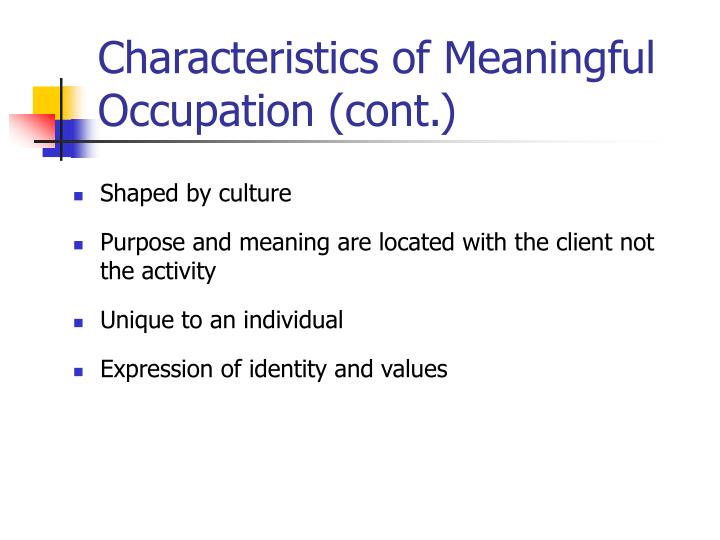
47) and protected persons themselves can in no circumstances renounce their rights (GC IV, art. 27-34 and 47-78), as well as in certain provisions of Additional Protocol I and customary international humanitarian law.Īgreements concluded between the occupying power and the local authorities cannot deprive the population of occupied territory of the protection afforded by international humanitarian law (GC IV, art. The duties of the occupying power are spelled out primarily in the 1907 Hague Regulations (arts 42-56) and the Fourth Geneva Convention (GC IV, art. What are the most important principles governing occupation? This approach is adopted by a number of military manuals.ģ. This is the approach suggested in the ICRC's Commentary to the Fourth Geneva Convention (1958).Īn alternative and more restrictive approach would be to say that a situation of occupation exists only once a party to a conflict is in a position to exercise sufficient authority over enemy territory to enable it to discharge all of the duties imposed by the law of occupation. So, for example, advancing troops could be considered bound by the law of occupation already during the invasion phase of hostilities. It could be taken to mean that a situation of occupation exists whenever a party to a conflict exercises some level of authority or control within foreign territory. The question of " control " calls up at least two different interpretations. The rules of international humanitarian law relevant to occupied territori es become applicable whenever territory comes under the effective control of hostile foreign armed forces, even if the occupation meets no armed resistance and there is no fighting. When does the law of occupation start to apply?

As the law of occupation is primarily motivated by humanitarian considerations, it is solely the facts on the ground that determine its application.Ģ. Therefore, for the applicability of the law of occupation, it makes no difference whether an occupation has received Security Council approval, what its aim is, or indeed whether it is called an “invasion”, “liberation”, “administration” or “occupation”. Once a situation exists which factually amounts to an occupation the law of occupation applies – whether or not the occupation is considered lawful. The legality of any particular occupation is regulated by the UN Charter and the law known as jus ad bellum. They also apply in situations where the occupation of state territory meets with no armed resistance. "Īccording to their common Article 2, the four Geneva Conventions of 1949 apply to any territory occupied during international hostilities. The occupation extends only to the territory where such authority has been established and can be exercised.

Article 42 of the 1907 Hague Regulations (HR) states that a " territory is considered occupied when it is actually placed under the authority of the hostile army.


 0 kommentar(er)
0 kommentar(er)
